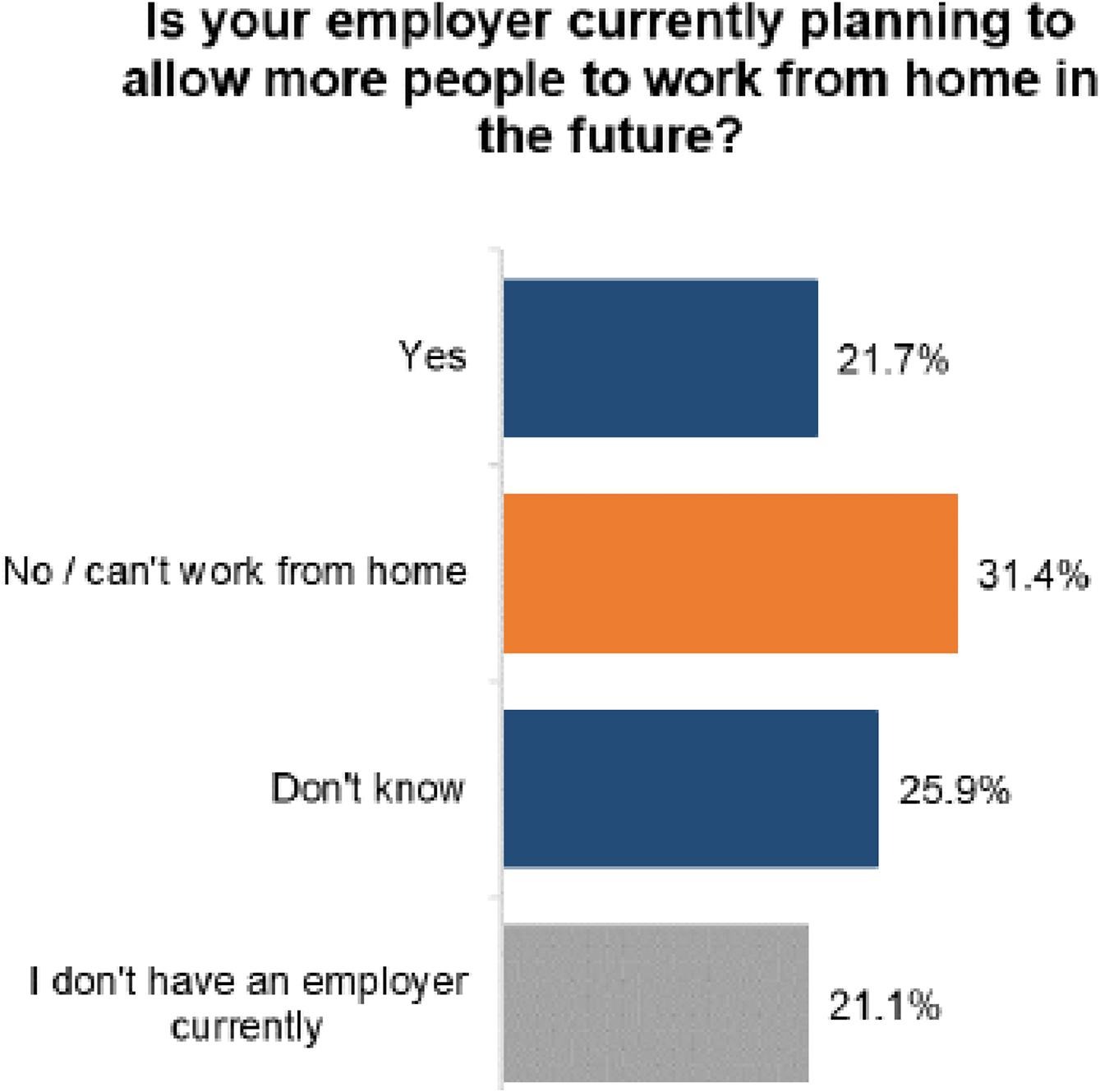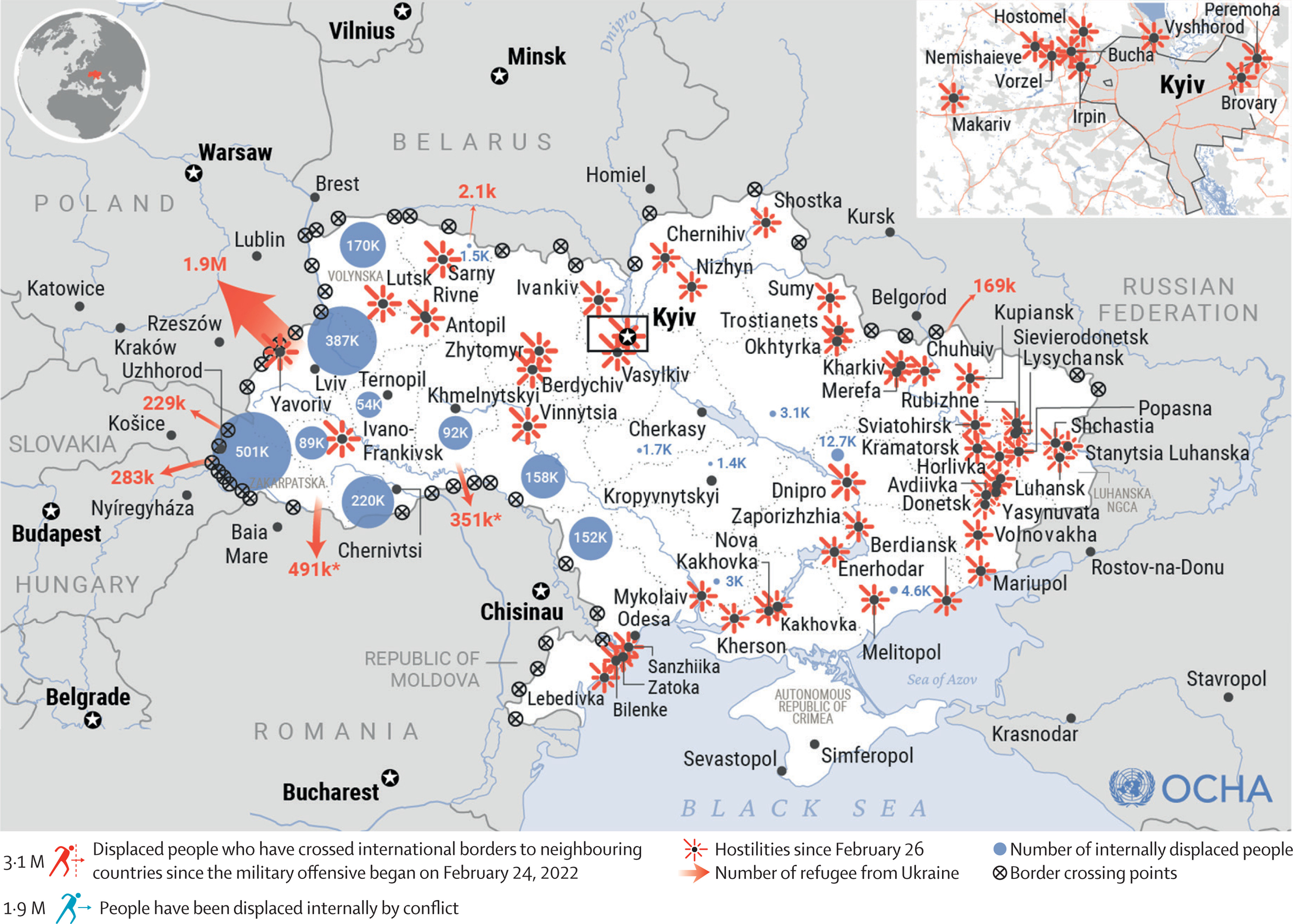Elsevier, Journal of Transport and Health, Volume 24, March 2022
The ongoing novel coronavirus (COVID-19) pandemic has highlighted the need for individuals to have easy access to healthcare facilities for treatment as well as vaccinations. The surge in COVID-19 hospitalizations during 2020 also underscored the fact that accessibility to nearby hospitals for testing, treatment and vaccination sites is crucial for patients with fever or respiratory symptoms. Although necessary, quantifying healthcare access is challenging as it depends on a complex interaction between underlying socioeconomic and physical factors.
Elsevier, International Journal of Intercultural Relations, Volume 87, March 2022
Although changes in socio-cultural positions appear to take place shortly after arrival, there is a growing concern on socio-cultural differences in receiving societies and it is widely recognized that socio-cultural positions are important for further participation and well-being, few scholars examined socio-cultural positions among recently arrived refugees in Europe. At the same time, not much is known about how these positions relate to pre-migration, migration and post-migration characteristics, while these could be key indicators of early acculturation.
Elsevier, Transportation Research Interdisciplinary Perspectives, Volume 13, March 2022
Telecommuting has become a dominant professional experience for many Canadian business and workers due to the COVID-19 pandemic. Telecommuting has several benefits that are separate from COVID-19. Two prevalent changes have been in regard to telecommuting and online food buying habits, both of which impact social wellbeing as a dimension of social sustainability. We discuss two exploratory surveys on the perception of telecommuting and food e-commerce.
Elsevier,
Oncologic Imaging : a Multidisciplinary Approach (Second Edition)
2023, Pages 133-159
This content links with Goal 3: Good health and well-being and Goal 10: Reduced Inequalities by providing information on Cholangiocarcinoma (CCA), cancers that arise from biliary epithelium including intrahepatic cholangio (ICC), and gallbladder cancer (GB CA).



